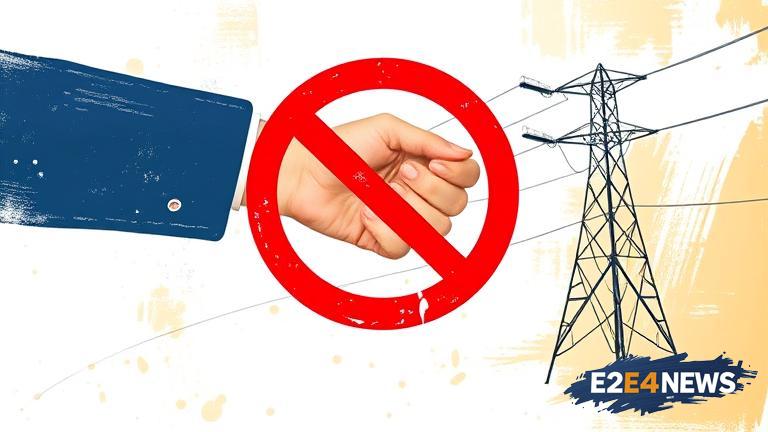A petition has been introduced that would bar utilities and government contractors from donating to political campaigns, in an effort to reduce the influence of money in politics. The petition, which has gained significant attention, aims to prevent these entities from contributing to campaigns, thereby limiting their ability to exert undue influence over elected officials. Proponents of the petition argue that the current system allows utilities and government contractors to essentially buy influence, which can lead to favorable treatment and decisions that benefit their interests rather than the public good. This, they claim, undermines the integrity of the democratic process and can result in policies that are detrimental to the general population. On the other hand, opponents of the petition argue that it infringes upon the First Amendment rights of these entities, which have the right to participate in the political process. They also contend that the petition is overly broad and could have unintended consequences, such as limiting the ability of these entities to engage in legitimate political activities. The petition has sparked a heated debate, with some arguing that it is a necessary step to restore trust in government and ensure that elected officials are truly representing the interests of their constituents. Others, however, see it as an overreach that could stifle free speech and limit the ability of certain entities to participate in the political process. The issue is complex, with both sides presenting valid arguments. The petition’s proponents point to numerous examples of utilities and government contractors donating large sums of money to campaigns, only to receive favorable treatment or contracts in return. They argue that this creates a pay-to-play system, where those with the deepest pockets have the most influence. In contrast, opponents of the petition argue that it is unfair to single out utilities and government contractors, as other entities, such as labor unions and advocacy groups, also make significant campaign contributions. They contend that the petition is discriminatory and could lead to a slippery slope, where other entities are also prohibited from making campaign donations. The petition’s fate is uncertain, as it must first gather a significant number of signatures before it can be considered by lawmakers. If it is successful, it could have far-reaching implications for the way campaigns are financed and the influence of money in politics. The issue has sparked a national conversation, with many calling for greater transparency and accountability in campaign finance. Some have proposed alternative solutions, such as stricter disclosure requirements or public financing of campaigns, as a way to reduce the influence of money in politics. Others have suggested that the petition does not go far enough, and that more comprehensive reforms are needed to truly address the issue. As the debate continues, one thing is clear: the petition has brought attention to the complex and often contentious issue of campaign finance, and has sparked a necessary conversation about the role of money in politics. The petition’s impact will be closely watched, as it has the potential to shape the future of campaign finance and the influence of utilities and government contractors in the political process. In the meantime, lawmakers and citizens alike will be weighing the pros and cons of the petition, and considering the potential implications of such a significant change to the campaign finance system. The petition’s supporters are optimistic that it will lead to a more transparent and accountable system, where elected officials are truly representative of their constituents. On the other hand, opponents are concerned that it will stifle free speech and limit the ability of certain entities to participate in the political process. Ultimately, the fate of the petition will depend on the outcome of the signature-gathering process and the subsequent consideration by lawmakers. If successful, it could mark a significant shift in the way campaigns are financed and the influence of money in politics. The petition has also raised questions about the role of utilities and government contractors in the political process, and whether their contributions are truly in the best interests of the public. As the debate continues, it is clear that the petition has struck a nerve, and has brought attention to the often contentious issue of campaign finance. The outcome of the petition is uncertain, but one thing is clear: it has sparked a necessary conversation about the influence of money in politics, and the need for greater transparency and accountability in campaign finance.
